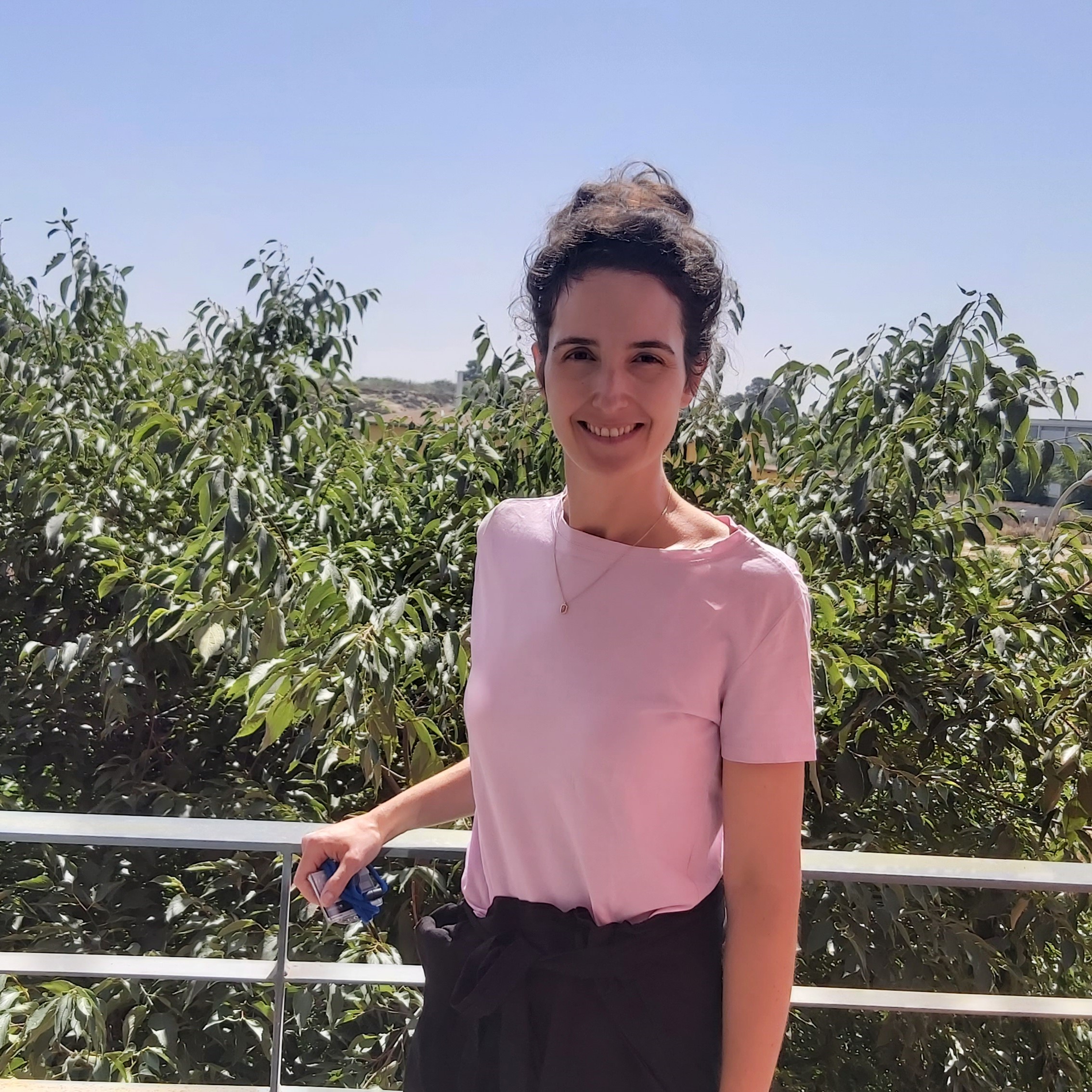What led you to dedicate yourself to research?
Honestly, luck. I got a good opportunity to do a PhD within a Marie Curie project. I was interested in the topic, it was about the eye, and it seemed very applied and fascinating. I had never had the ambition to become a researcher; I simply wanted to try it out, live abroad, and I liked it. I was very lucky with my PhD supervisor, who introduced me to the world of research. In the last years of my doctorate, I realized that it was a place where I would like to stay.
What are your current lines of research?
I work on the early detection of eye diseases and, more generally, on the characterization of the human eye. We are trying to better understand how it works in order to create useful tools for clinical professionals, ophthalmologists, optometrists, to help them diagnose or assist patients in a more objective and reproducible way, even using existing devices.
Is there any project you feel particularly proud of?
The European ERC Starting Grant marks a before and after in my career. It is a way to consolidate a research line I have been working on for over a decade. I am also very fond of my PhD thesis, because we developed an algorithm that was incorporated into an ophthalmic device. It was a real transition: the people using that device now have an additional metric that did not exist before.
How do you imagine the future of your field?
Active and full of challenges. We have a major social problem: eyesight is deteriorating more and more, we live longer, and that seriously affects quality of life. It is also a socioeconomic problem; there are people of working age who cannot work due to vision issues. It is a highly multidisciplinary field: clinicians, physicists, engineers, chemists, biologists, pharmacists… The eye is a small but very complex organ, and we are still one-step behind reality.
Eyesight is worsening, but life expectancy is increasing. What is the challenge?
To tackle it from the start. In many eye diseases, once damage occurs, it cannot be reversed. Some develop over decades before showing symptoms. Our task is to diagnose very early so we can treat or even just modify habits, but we need to know in time.
Does your motivation have a personal side as well?
Of course. There have been several vision problems in my family. My father had a severe retinal detachment; a great-uncle went blind from glaucoma; my sister and I have worn glasses since we were little. I have always felt it very close. In addition, optics is directly related to physics, which is what I studied, so both worlds came together naturally.
What has receiving the ERC Starting Grant meant for you?
A drastic change. I now have a team, we are six people in Zaragoza, and we collaborate closely with hospitals in Poland, Belgium, Sweden, the United States, and China, which provide us with images of pathological eyes. But it also means more management, more administrative tasks, and less time for hands-on research. It is another stage.
What do you enjoy most about your work?
Continuous learning. In this job, you never stagnate; you are always learning new things. Moreover, the freedom to decide where to go next, that is an absolute privilege.
What advice would you give to those thinking about a career in research?
Give it a chance. It is worth trying. Research is not for everyone, and you do not need to be intellectually brilliant. What you do need is perseverance, independence, discipline, and a lot of patience. You must accept that results will not come tomorrow or the day after. When we talk about vocation, I think that is what it is about: keeping at it even when things do not work out, because deep down you believe it makes sense.
Do you think research ability is innate or developed?
There are personality traits you are born with, but the environment plays a huge role. The first steps are crucial, having a good supervisor, a group that serves as a mirror. The atmosphere and luck also matter.
Up close…
What she studied: Physics, Master’s in Physics and PhD in Biocybernetics and Biomedical Engineering.
A dream to fulfill: Traveling to Japan with my mother.
Hobbies: Sports, nature, reading, and theatre.
Favourite books: From childhood, Matilda; from adolescence, Blindness; as an adult, the Claus and Lucas trilogy.
Movies and series: Revolutionary Road Cast Away, The Simpsons.
Music: Ed Sheeran, Arctic Monkeys, The Killers, Lewis Capaldi.
A trip: Iceland.
How do you define yourself: Hard-working, disciplined, and calm.
